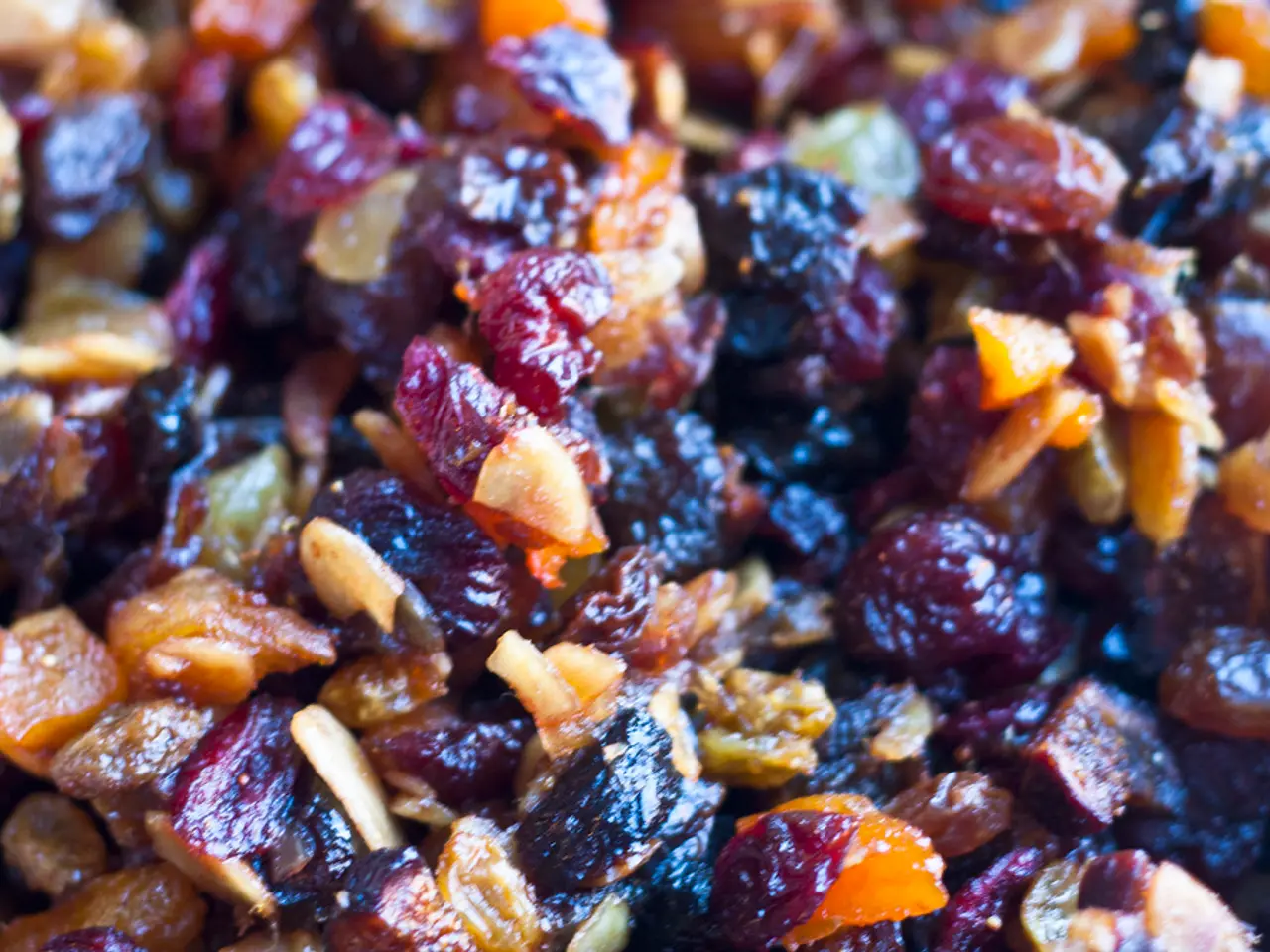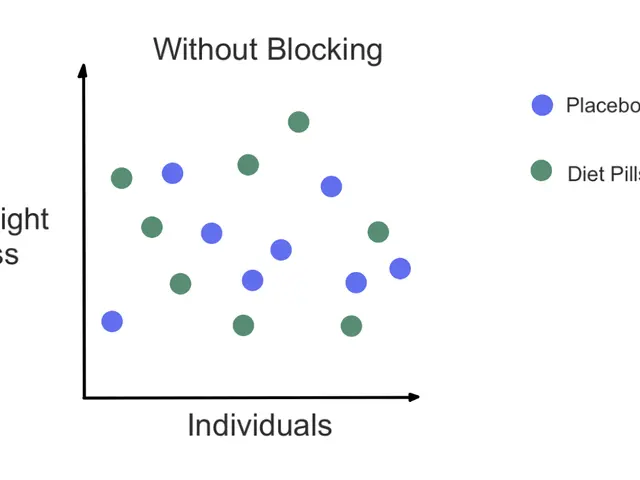Avoid certain foods with high fructose corn syrup (HFCS) due to potential health risks, including obesity, diabetes, and heart disease. Foods to be cautious of include sodas, candy, and processed snacks. Limit intake to maintain good health.
High fructose corn syrup (HFCS) and common sugars, such as table sugar (sucrose), both present health concerns when consumed excessively, but there are distinctions in their effects.
## Metabolic Health
Excessive intake of HFCS is strongly linked to obesity, type 2 diabetes, and non-alcoholic fatty liver disease, largely due to its high fructose content, which can promote fat accumulation and insulin resistance. These risks are similar to those associated with high table sugar consumption. However, meta-analyses indicate there is little difference between HFCS and table sugar in terms of effects on body fat, blood pressure, blood sugar, triglycerides, or cholesterol. Both can lead to similar metabolic impairments when consumed in large amounts.
## Inflammatory and Immune Effects
HFCS appears to be more pro-inflammatory than table sugar, according to some analyses. Diets high in fructose can induce chronic inflammation, which is associated with a wide range of chronic diseases and weakened immune system function. High fructose intake may decrease immune strength and increase the risk of chronic conditions, potentially making individuals more susceptible to infectious diseases and worsening outcomes from infections like COVID-19.
## Neurodevelopmental and Behavioral Impacts
Early life exposure to high fructose, including from maternal or adolescent consumption of HFCS, is correlated with neurodevelopmental issues, such as increased risk of mood and anxiety disorders. Animal studies suggest this may be due to disruption of microglia function, impairing the clearance of dying neurons and affecting neurodevelopment. Disrupted neuron clearance due to high fructose may result in defective learning and anxiety-like behaviors.
## Additional Considerations
HFCS may contain trace amounts of mercury due to processing methods, setting it apart from table sugar in this specific aspect. HFCS is more heavily processed than natural fruit sugars, and its consumption is typically associated with ultra-processed foods. In contrast, natural fruit sugars, when consumed as part of whole fruit, are unlikely to have negative health effects for most people.
## Summary Table: HFCS vs. Other Sugars
| Feature | High Fructose Corn Syrup (HFCS) | Table Sugar (Sucrose) | Natural Fruit Sugar (in Whole Fruit) | |------------------------|---------------------------------|-----------------------|--------------------------------------| | Obesity/Diabetes Risk | High | High | Low (when consumed in fruit) | | Inflammation | Higher | Moderate | Low | | Immune Impact | Negative | Moderate | Neutral/Positive | | Neurodevelopmental | Negative (early exposure) | Not well studied | Neutral/Positive | | Mercury Contamination | Possible | No | No | | Processing | Highly processed | Moderately processed | Minimal |
## Conclusion
Both HFCS and table sugar are linked to obesity, diabetes, and fatty liver disease, but HFCS may be more pro-inflammatory and could pose additional risks such as mercury exposure. Early life exposure to high fructose is associated with neurodevelopmental and behavioral issues. Natural fruit sugars, when consumed as part of whole fruit, are much less harmful and may even have health benefits for most individuals.
People who cannot eliminate HFCS from their diet can still reap health benefits by reducing consumption, particularly by limiting soda intake and eating fewer processed snacks. HFCS is made by adding enzymes to corn syrup to convert some of the glucose to fructose. In 2010, the Corn Refiners Association petitioned the FDA to change the name of HFCS to corn sugar, but the FDA rejected the request. HFCS consists of glucose and fructose, like table sugar.
The debate regarding the risks of HFCS continues, but it is important to note that there is no need to include HFCS in a healthful diet as it may increase the risk of numerous health issues. The first few ingredients on a label represent the largest quantities, so people who want to minimize HFCS intake should avoid foods that list HFCS among the first few ingredients. Most sodas, sweetened juices, processed desserts, packaged fruits, crackers, condiments and salad dressings, prepackaged meals, granola and nutrition bars, peanut and other nut butters, some bread and wheat contain HFCS.
The World Health Organization and most other public health agencies emphasize that HFCS, as with other added sugars, can increase the risk of diabetes and other health concerns. Limiting HFCS consumption can help a person reduce their sugar intake, potentially supporting their weight loss or health goals. HFCS can cause tooth decay, obesity, and metabolic syndrome when consumed in large quantities.
- In addition to health concerns associated with excessive consumption of common sugars like table sugar, high fructose corn syrup (HFCS) may also lead to increased risks of tooth decay due to its high fructose content.
- Beyond metabolic health risks, such as obesity and type 2 diabetes, HFCS consumption, particularly in early life, is correlated with neurodevelopmental issues like increased risk of mood and anxiety disorders.
- Rather than relying on highly processed foods containing HFCS, it's advisable to turn to cooking and consuming whole foods rich in natural fruit sugars for a healthier lifestyle, as these are less likely to have negative health effects.
- To manage weight and support overall health, nutritionists often recommend reducing the intake of HFCS, as its high fructose content can contribute to insulin resistance and fat accumulation.
- Adopting a health-and-wellness lifestyle that incorporates fitness-and-exercise, healthy-cooking, and smart food-and-drink choices can help minimize the potential negative effects of HFCS and promote weight-management and longevity.





